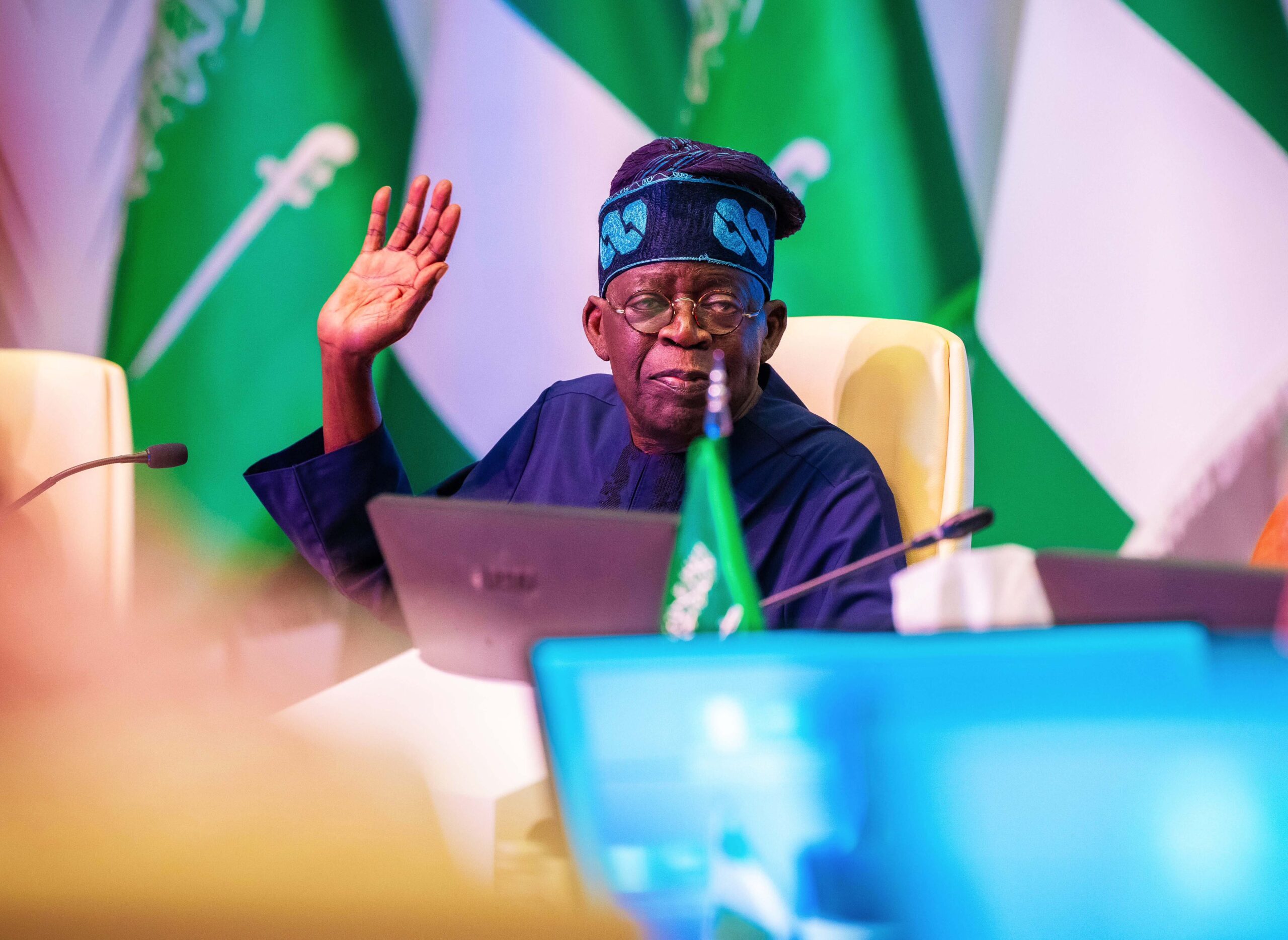Nigeria signs updated global radio regulations
Nigeria on Saturday joined the rest of the World to sign the Final Act World Radio-communications Congress (WRC-23). The WRC-23 constitutes a record of the decisions taken at the just concluded World Radio-communications Conference (WRC) 2023, which took place in Dubai, United Arab Emirates (UAE). The Final Act comprises both the new and revised provisions […]

Nigeria on Saturday joined the rest of the World to sign the Final Act World Radio-communications Congress (WRC-23).
The WRC-23 constitutes a record of the decisions taken at the just concluded World Radio-communications Conference (WRC) 2023, which took place in Dubai, United Arab Emirates (UAE).
The Final Act comprises both the new and revised provisions of Radio Regulations, an international treaty governing the use of the radio-frequency spectrum and satellite orbits.
The Minister of Communication, Innovation and Digital Economy, Dr Bosun Tijani, represented Nigeria. He was joined by the executive vice chairman, Nigerian Communications Commission (NCC), Dr Aminu Maida, and the managing director, Nigerian Communications Satellite Limited (NigComSat Ltd), Mrs Jane Egerton-Idehen, a statement by the NCC noted on Saturday.
Erection beyond 30 minutes harmful for men — Don
Tinubu cannot deal away the Nigerian Constitution
The WRC-2023 is a global, inter-governmental treaty conference, which is held every three to four years by the International Telecommunication Union (ITU), the United Nations-affiliated international organisation for telecommunication.
At the end of each conference, countries signed an updated Final Act, the outcome of agreements on agendas put forward by country administrations.
According to a statement by the ITU, “The agreement to the updated Radio Regulations identifies new spectrum resources to support technological innovation, deepen global connectivity, increase access to and equitable use of space-based radio resources and enhance safety at sea, in the air and on land.”
The conference also identified spectrum for International Mobile Telecommunications (IMT), which will be crucial for expanding broadband connectivity and developing IMT mobile services, also known as 4G, 5G, and in the future, 6G.
The conference also identified new frequencies for non-geostationary fixed-satellite service Earth Stations in Motion (ESIMs) that would provide high-speed broadband onboard aircraft, vessels, trains and vehicles. These satellite services are also critical following disasters where local communication infrastructure is destroyed.
